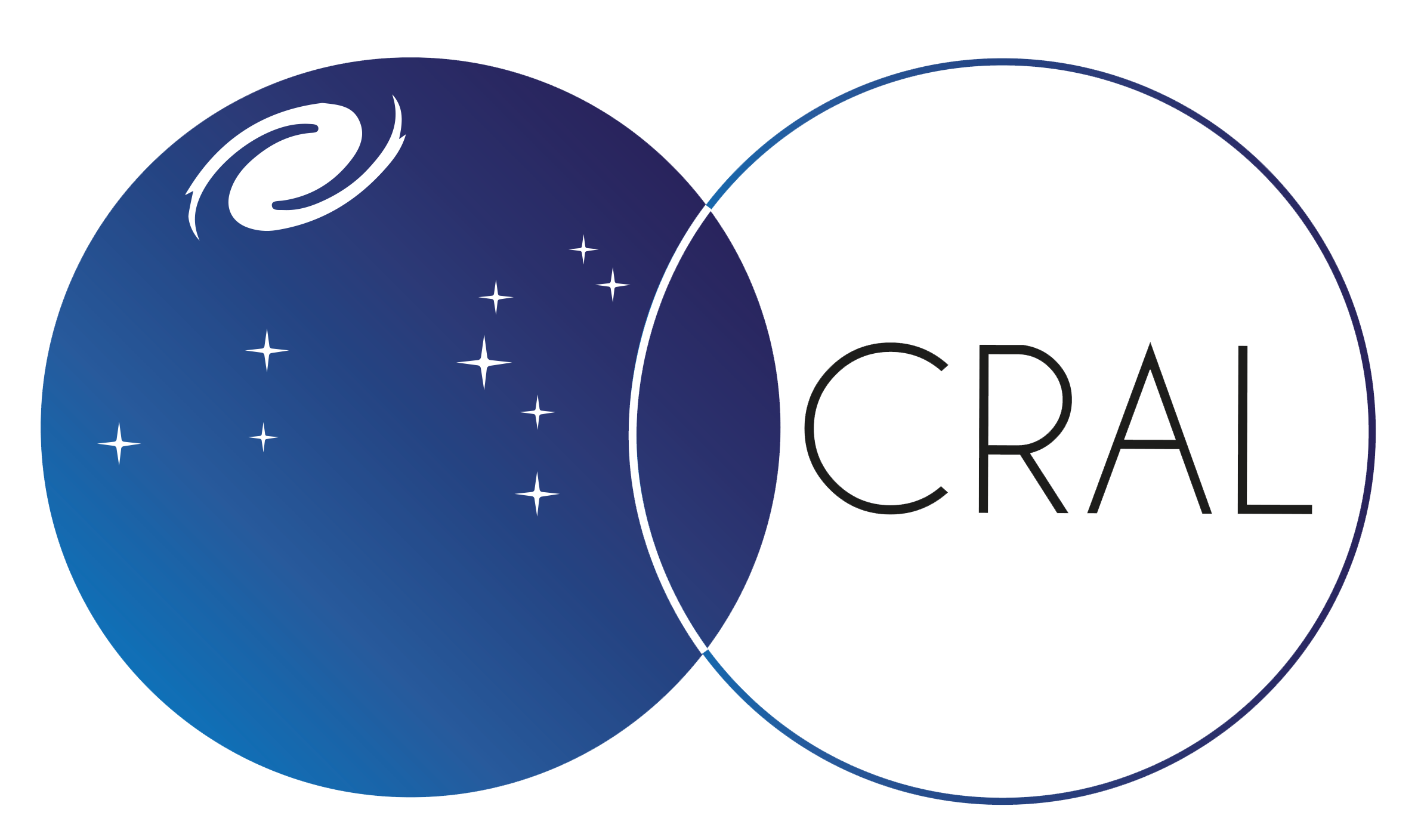

CRAL@Obs Seminar – Seok-Jun Chang (MPIA)
Abstract: The structure and kinematics of the gas around and in galaxies are crucial for understanding the multiphase flows within the galactic ecosystem and, thus, galaxy evolution and star formation. Recent advancements in instruments and techniques offer a new perspective on circumgalactic gas flows through emission lines such as Hydrogen Lyman-α and resonance lines of metals (e.g., Mg II, C IV, O VI, and N V). In particular, the Mg II λλ2796, 2803 doublet has emerged as a promising tracer of cold gas at T ~ 10^4 K. To decode the message carried by the Mg II doublet emission, we developed a 3D Monte-Carlo radiative transfer code ‘RT-scat’. In this talk, I will present simulated results from ‘RT-scat’, demonstrating how Mg II lines form in various environments, including inflowing/outflowing, smooth/clumpy, and dusty gas. In particular, I will also highlight how the MgII doublet line ratio can serve as a potential indicator of LyC escape. Furthermore, I will introduce our new radiative transfer modeling of Mg II emission halos around star-forming galaxies at z ~ 1 from the MAGG and MUDF survey. Our results indicate the presence of slowly moving or outflowing cold gas and reveal strong anisotropies in its distribution. If time allows, I will also discuss other metal resonance lines as tracers of multiphase gas.
